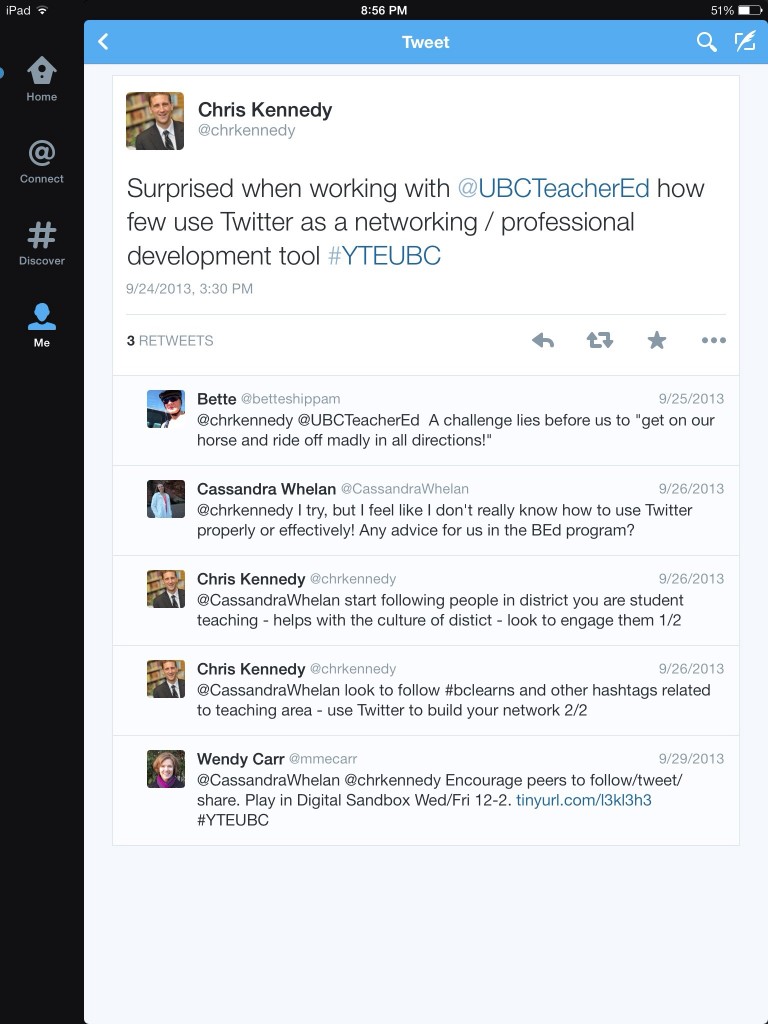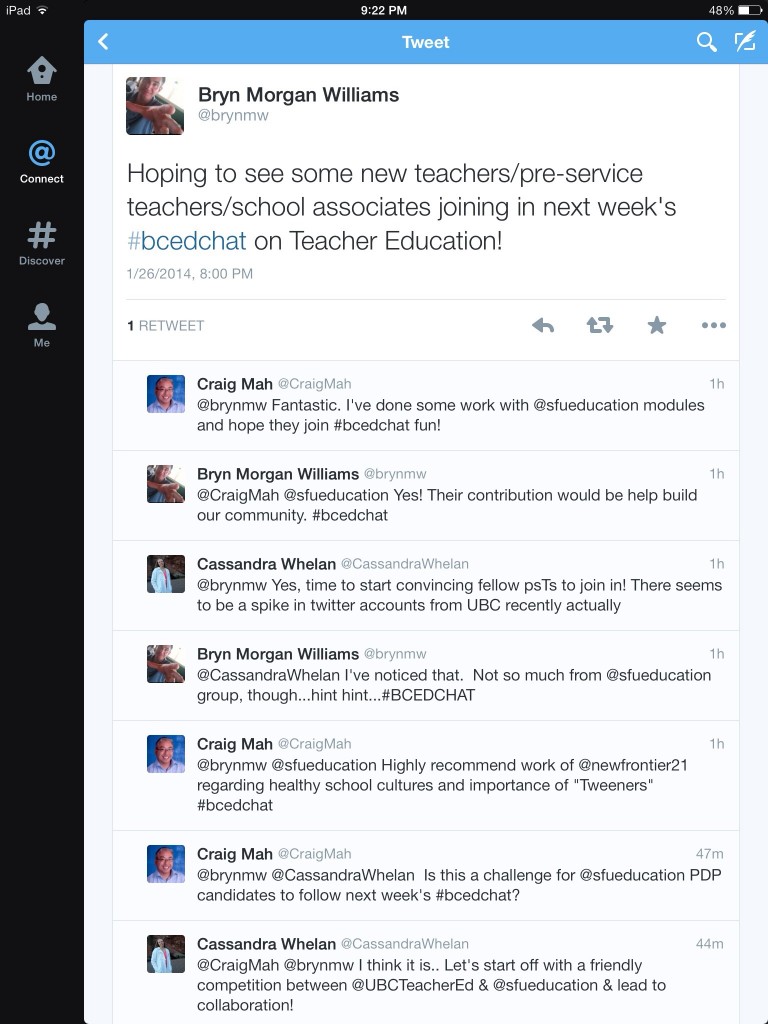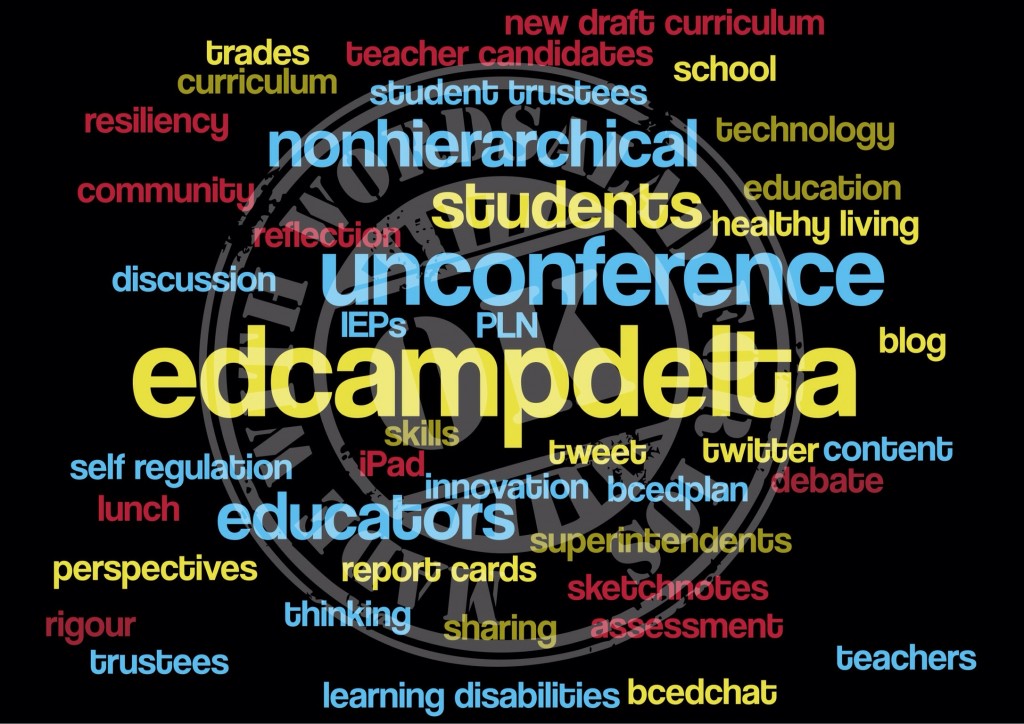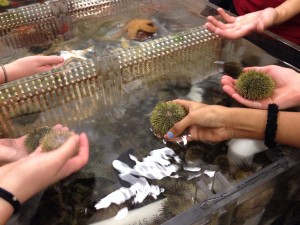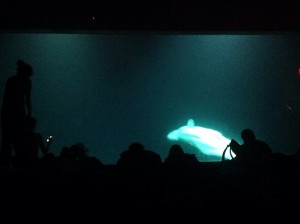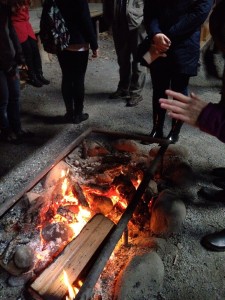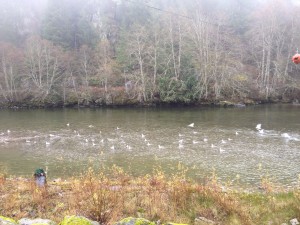This year when going through old books I found an absolute treasure: a book written, illustrated, and binded for me by my older cousin, Kiley. I contacted her about it, and she didn’t remember it. It would have been created sometime in the 90s. This was an exciting find to me as many students are creating books and digitizing them, or creating online stories.
As she wished to see it, and I wish to share it with you, I present to you, “Blue Violet and Black Velvet”, written, illustrated and “published” by my cousin Kiley.
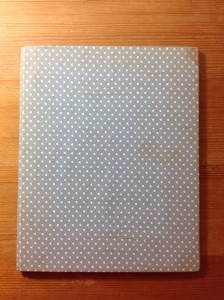
Blue Violet and Black Velvet!
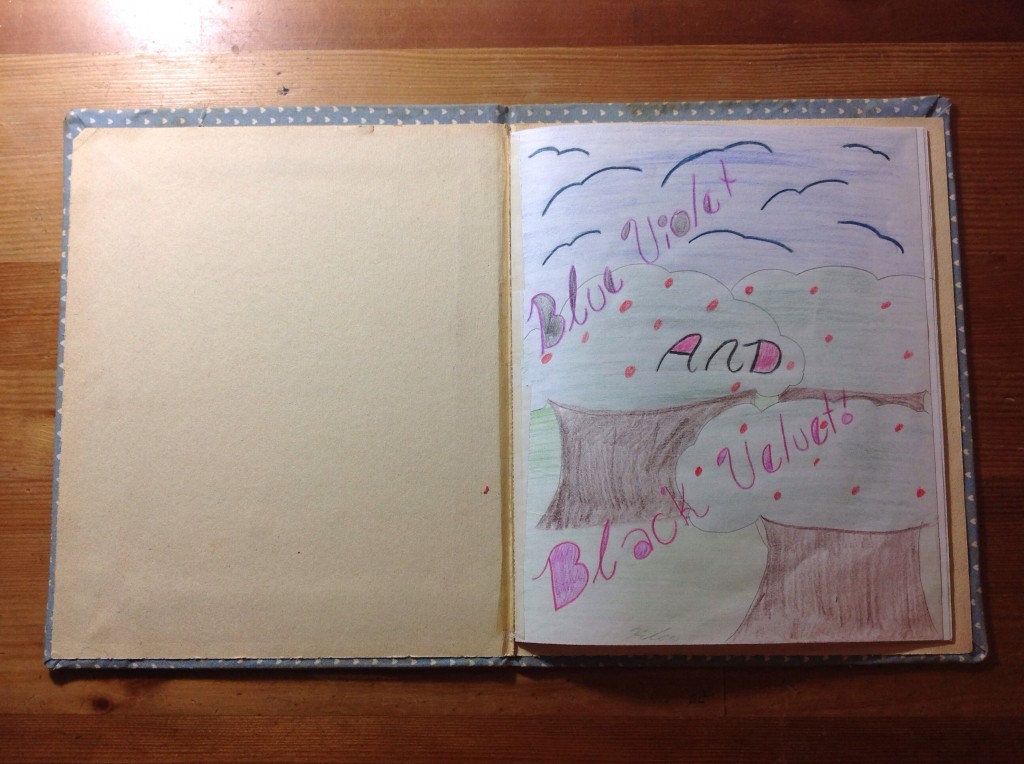
“Dedication. This book is dedicated to my littlest cousin Cassandra Whelan. YOU ARE MY SUNSHINE. Kiley”
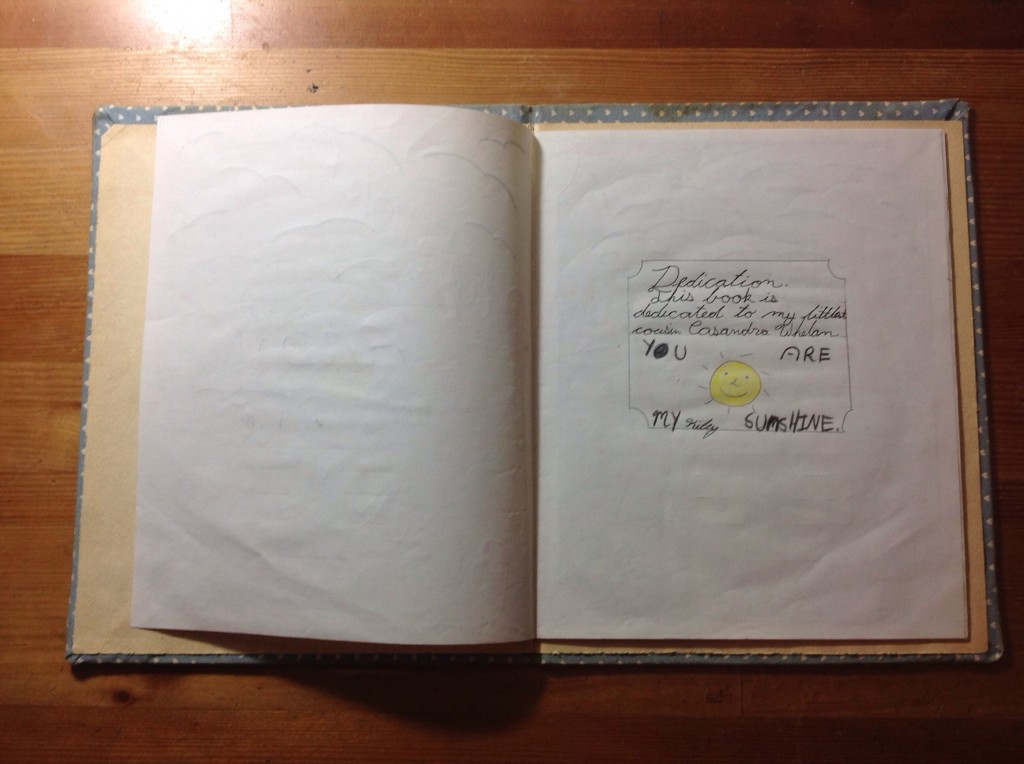
Once upon a time, in the far off woods in a far off land, in a tiny little wooden shack, lived a father and his two daughters, Blue Violet and Black Velvet. Because of her astonishing blue eyes, one child was named Blue Violet, and because her hair is as black as velvet, the other child was named Black Velvet.
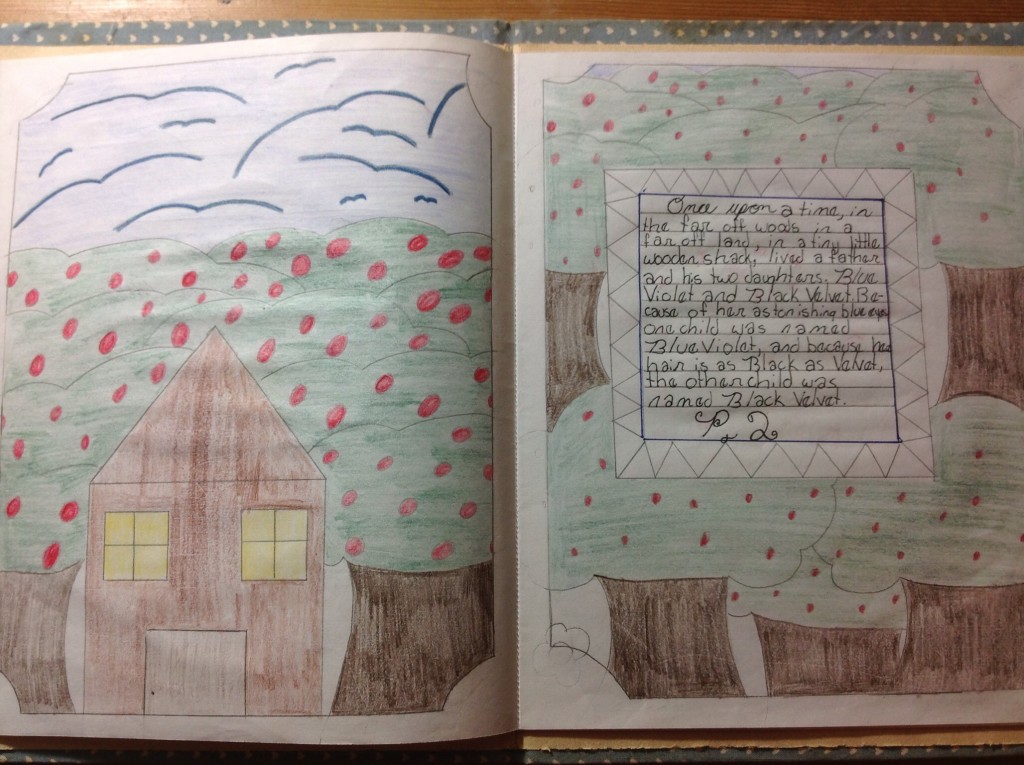
The two sisters loved each other dearly. When one had to go to the village, the other would come along, just to keep the other company on the long journey.
Each year the small family had a special visitor. This visitor is not human, but yet has a human capability. This special visitor is a deer. The reason this deer is so extraordinary, is because it can talk. Mark, (That is what he says his name is) came to the family five years ago.
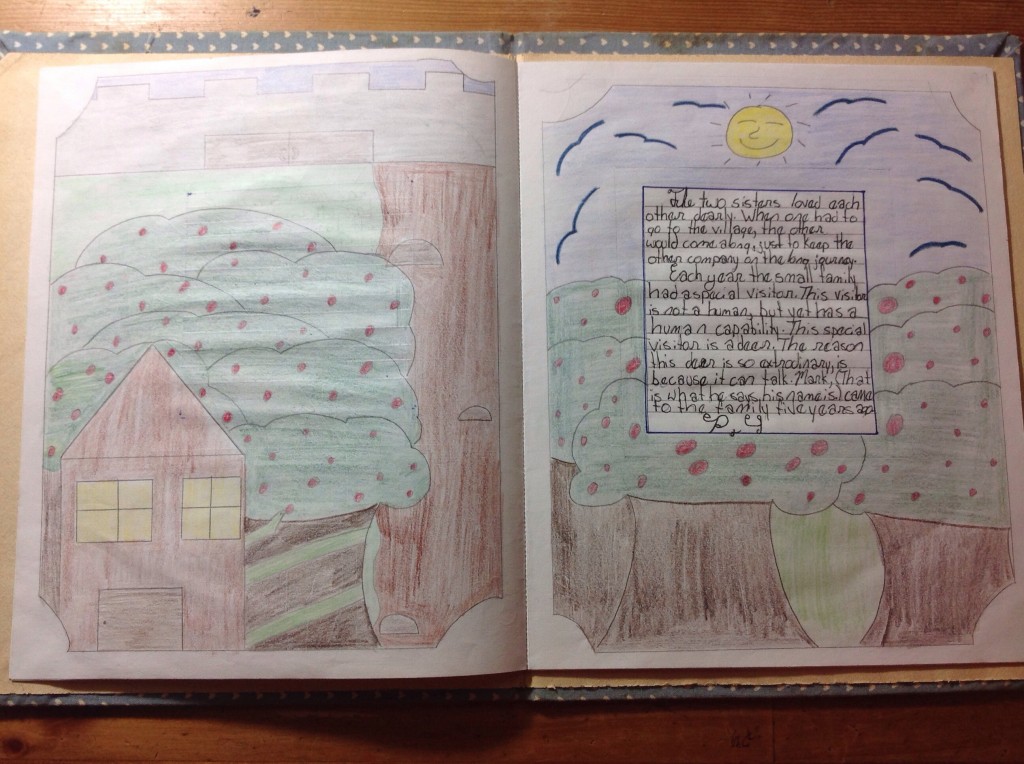
One day as Blue Violet and Black Velvet were walking towards the river they heard a cry. It sounded like it was coming from the soft flowing river, which the sisters were headed to. When they got to the bottom of the hill, which lead to the clear running water, they could see the cry was coming from a very small creature. As the two siblings got closer they could see that it was a little elf that was causing all the awful noise.
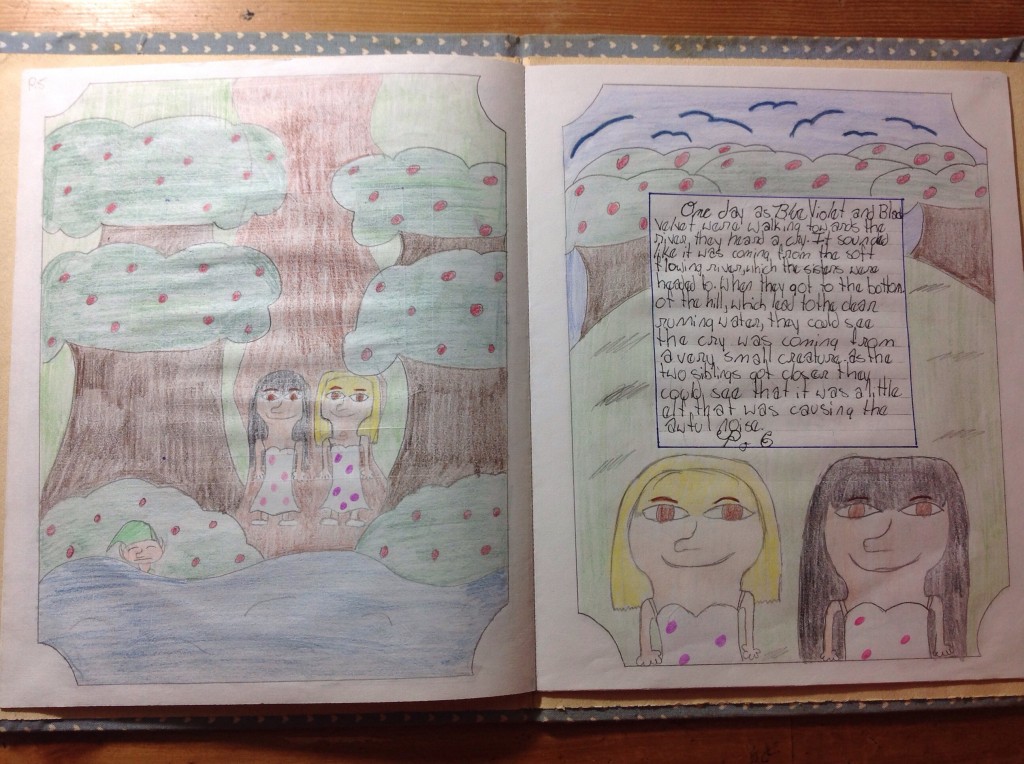
“What are you looking at? Get down here and help me! My fishing line got caught on one of my buttons.” the little elf demanded when he saw Blue Violet and Black Velvet.
“Make sure you don’t rip my jacket, or you will be cursed for the rest of your living days.” he said to the girls as they started twisting and pulling on the line and button. After about ten minutes Blue Violet and Black Velvet just gave up and pulled off the button, not caring about what the rude little man said.
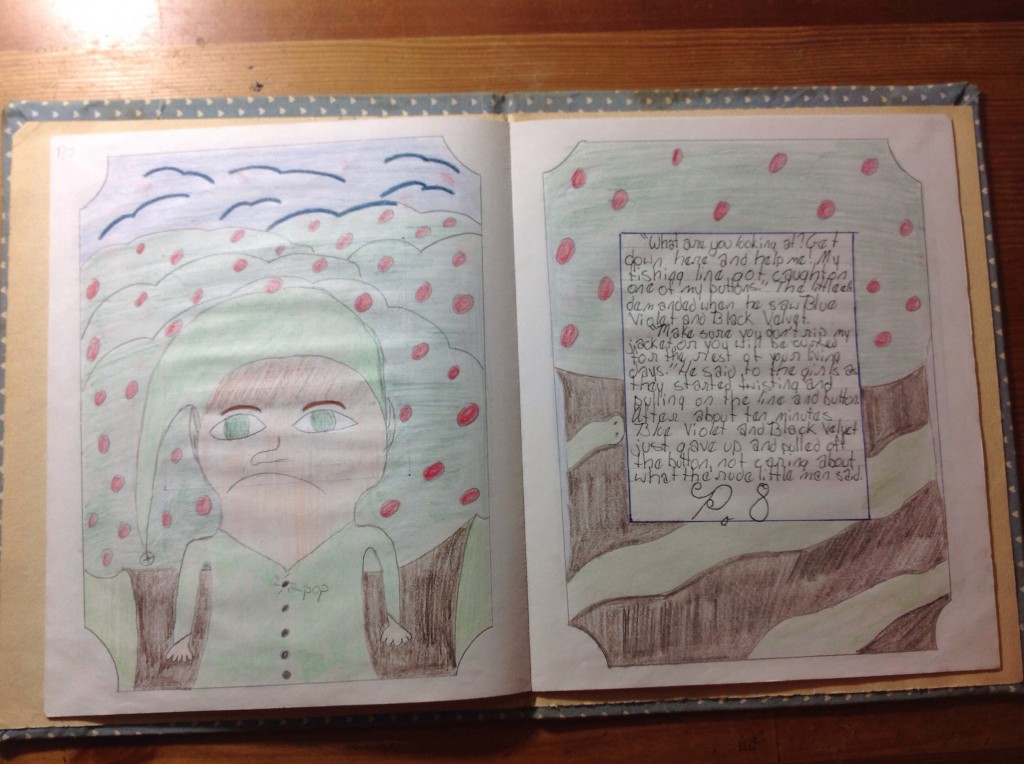
“You idiots!!! I warned you!” the little man said.
“We are very sorry. But there was no other way to get the fishing line off. Once again Mister we are very sorry.” Blue Violet told the furious elf.
“I hope I never see you two ever again.” yelled the little mad as he quickly stomped away.
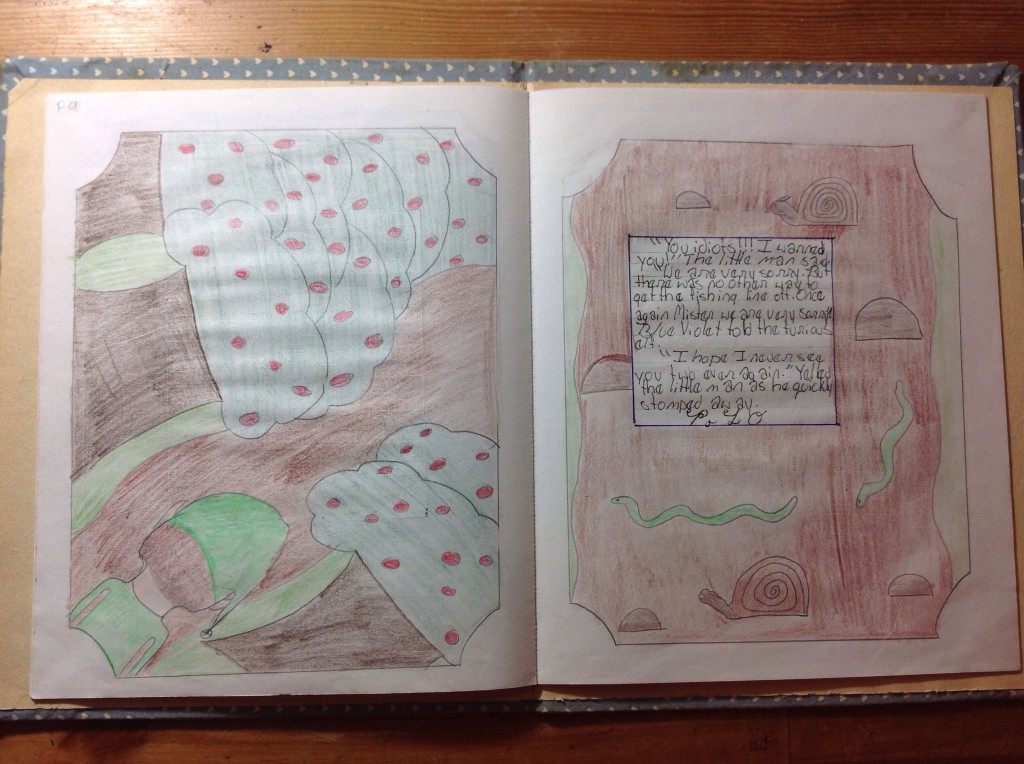
The next day as Blue Violet and Black Velvet were wandering in the forest, they came upon the same little elf as yesterday. Except this time his foot was stuck in a hole.
“Oh no! Not you two again.” he mumbled to himself.
“Well as long as you are here, help me get my foot out of this darn hold. But again, I warn you if you rip my shoe you were be severely punished.” replied the small creature. So once again the two siblings started tugging as the shoe but again it ripped.
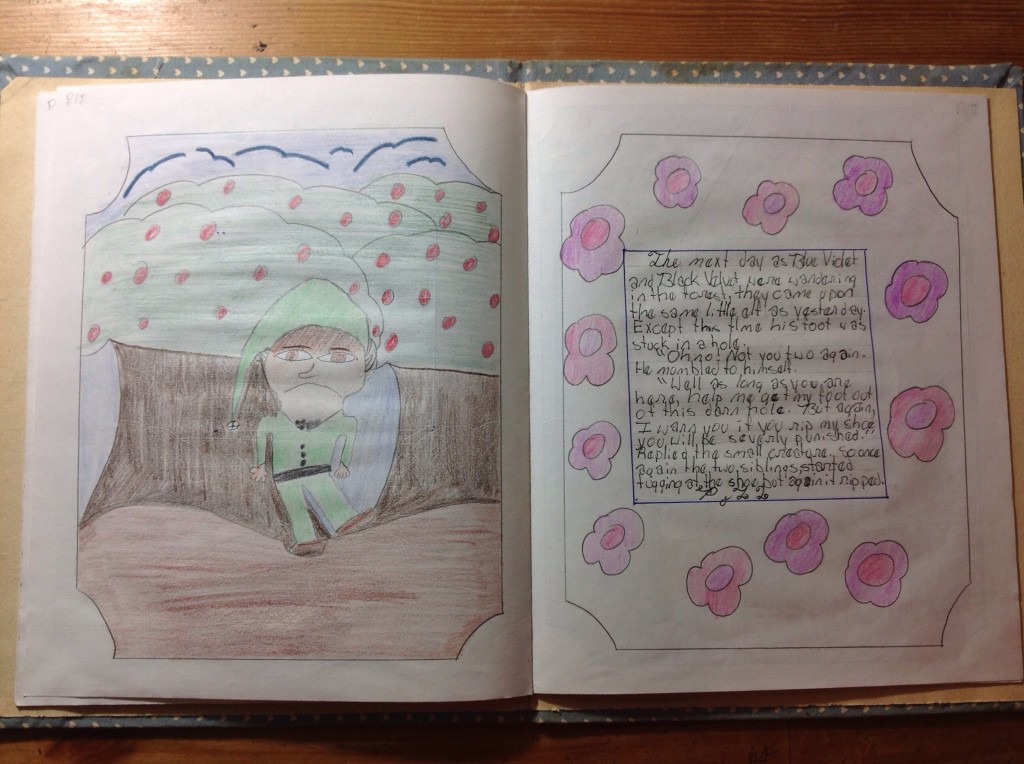
The elf could not believe this, he became very furious with the girls, once again, he left them with a curse of trouble throughout their lives.
“The only trouble we would have is running into that miserable little thing again.” Black Velvet told her sister.
When the two girls got home they could hear a terrible noise. It sounded like a fight between two people. As they got closer to the small cottage they began to walk faster for the fight was not in front of the cottage, but behind it. The girls looked for their father, he was no where.
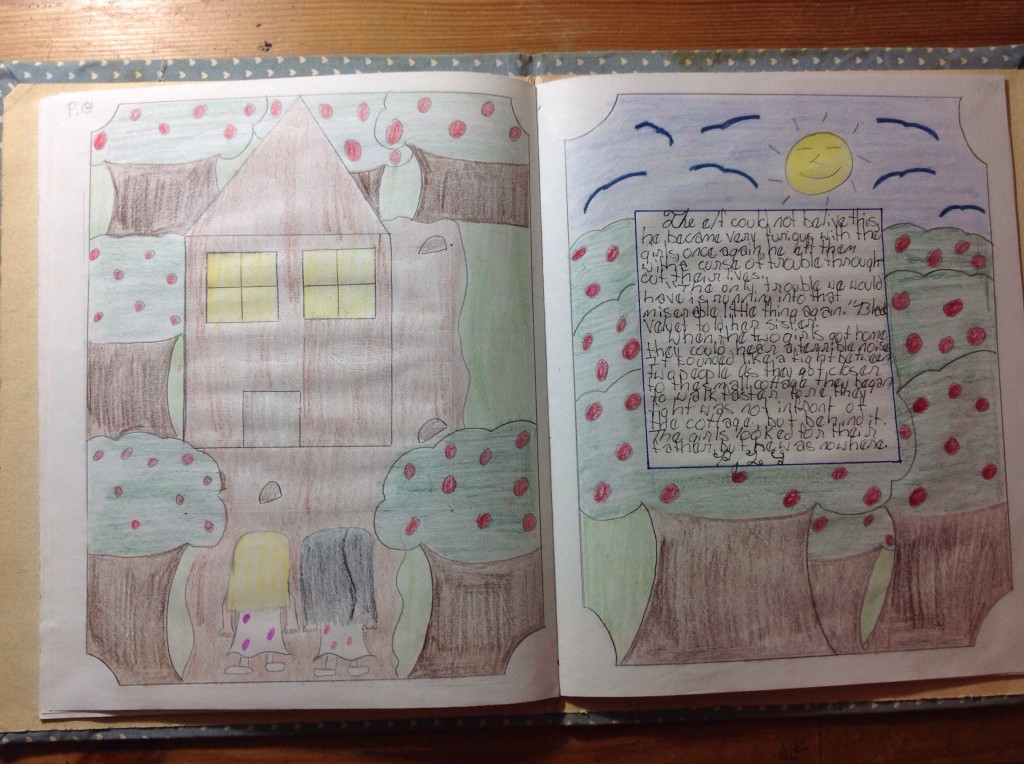
As they walked silently along the side of the house they could hear that it was the elf and the deer fighting. Just as Blue Violet and Black Velvet turned the corner, they saw the deer give the elf a swift blow on the cheek. As the small elf fell to the ground, the deer all of a sudden turned into a human.
“Oh my gosh! I can’t believe it! I’m a human again!” Mark said to the two sisters.
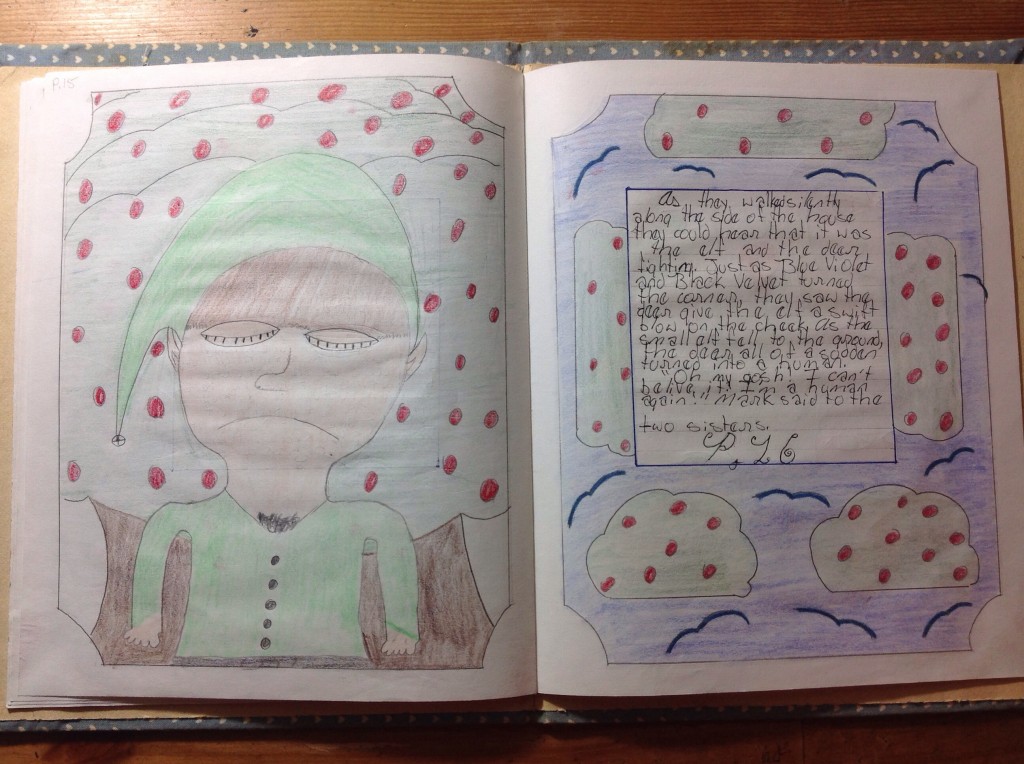
Later that night Mark left for his kingdom for he was a prince before the wicked elf turned him into a deer.
One year after Mark left, him and his brother, Josh, came back to marry Blue Violet and Black Velvet, and from that day forth, they all lived happily ever after.
THE END
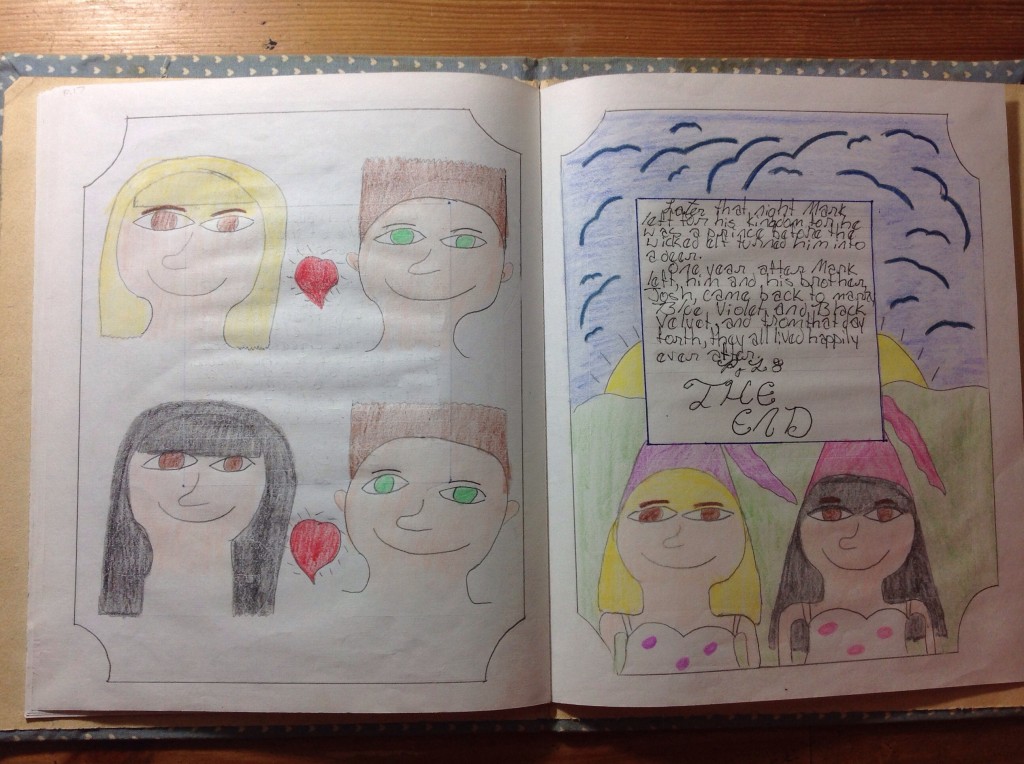

 Follow
Follow